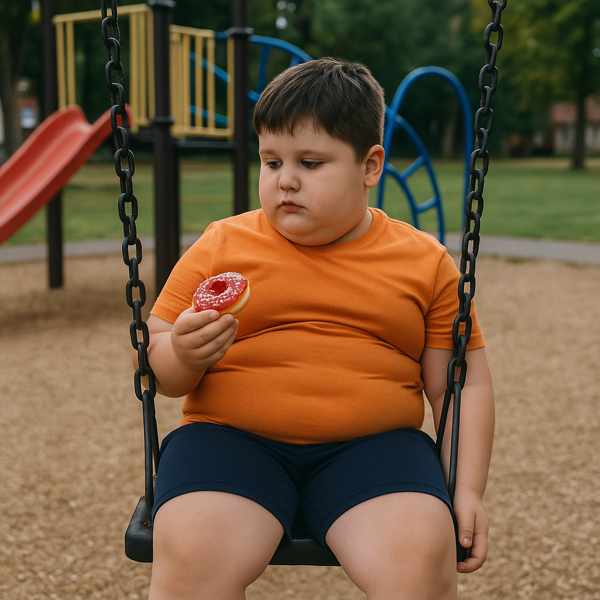How to Help Children Lose Weight Safely
How to Help Children Lose Weight Safely
Blog Article

Helping children maintain a healthy weight is important for their overall well-being.
But losing weight as a child isn’t about strict diets or intense workouts—it's about making lifestyle changes that last a lifetime.
Understanding Childhood Weight Management
Excess weight in children can lead to health problems such as:
- Type 2 diabetes
- Previously seen only in adults
- Affects daily activities and development
- Can impact academic and emotional health
Early intervention helps kids grow into healthier, happier adults.
Getting Started the Right Way
Weight loss for kids should focus on growth, not restriction.
Tips include:
- Encourage more physical activity
- Offer balanced meals and snacks
- Make changes as a family
- Focus on healthy behaviors, not just weight
Nutrition Tips for Children
Great options include:
- Make healthy eating more appealing
- Keep them full and fueled
- Support growth and muscle development
- Healthy snacks like yogurt, nuts, or apple slices
Avoid using food as a reward or punishment—this can create unhealthy visit emotional patterns.
Exercise Without Pressure
Recommended activities:
- Makes exercise exciting
- Helps build confidence and teamwork
- Turn movement into bonding time
- Limiting screen time and encouraging outdoor play
The goal is to make movement fun, not a chore.
Creating a Positive Environment
Parents can help by:
- Eat well and move with them
- Offering support, not criticism
- Being consistent, not perfect
- Emphasize feeling good and being strong
Children mirror adult behaviors—so lead by example.
When to Seek Professional Help
Consult a pediatrician or dietitian if:
- It may signal underlying issues
- They feel sad or ashamed about their body
- Expert guidance ensures healthy development
Working with professionals ensures your child receives age-appropriate support.
Conclusion
Weight loss for kids isn’t about unrealistic goals, but about teaching them to grow up feeling confident and strong.
Start small, stay positive, and remember—your encouragement makes all the difference. Report this page